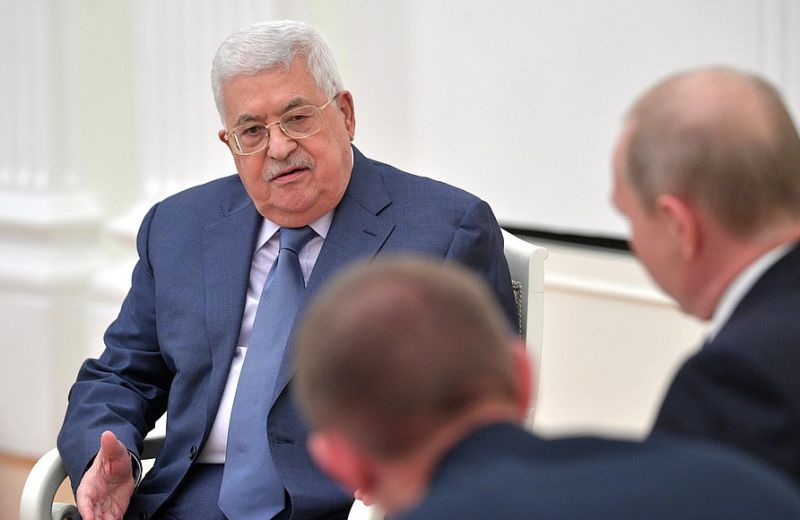 Research
/ Israel and Europe
Research
/ Israel and Europe
Over the last 40 years, since the 1979 Israel-Egypt peace treaty (that alluded to but did not solve the Palestinian question) and the European Community’s 1980 Venice Declaration, Europe has been seeking ways to help advance Israeli-Palestinian peace. The task was not an easy one, mostly due to United States of America (US) dominance of peace negotiations and negative Israeli attitudes towards Europe as a mediator. Thus, while Europeans were key in shaping international language on the conflict, they have remained in the back seat when it comes to shaping dynamics on the ground. Since the collapse in 2014 of the John Kerry initiative to advance the peace process, the task has become even more difficult for the Europeans. Realities on the ground, such as a right-wing government in Israel lacking interest in advancing a peace process, expanded settlement construction, as well as the internal Palestinian split and governance deficiencies in the Palestinian Authority, make the two-state solution ever more difficult to achieve. In addition, Israel’s leadership has worked to weaken and divide the EU in order to limit its role on the issue. In this endeavor, it has profited from different interests and priorities among EU Member States as reflected in discussions and decision-making processes regarding the Israeli-Palestinian conflict. These trends have increasingly intensified in recent years, and it is the goal of this publication to analyze them, assess their impact on European capacities and policies, and devise recommendations to tackle and perhaps even reverse them. The publication includes three analytical chapters focusing on internal European dynamics, on Israel’s foreign policy towards the EU, and on EU policy-making regarding the Israeli-Palestinian conflict/peace process.


